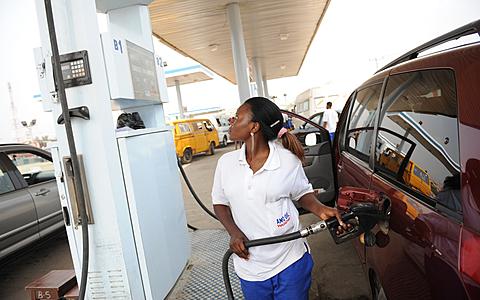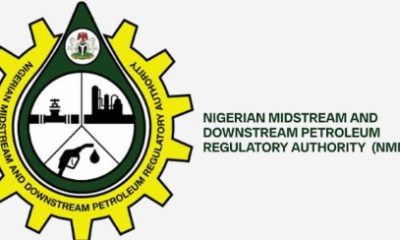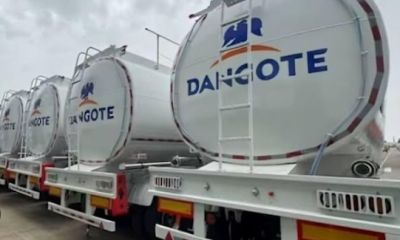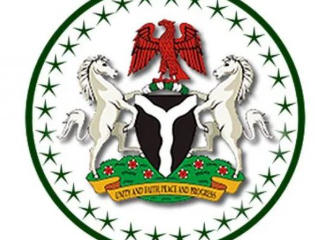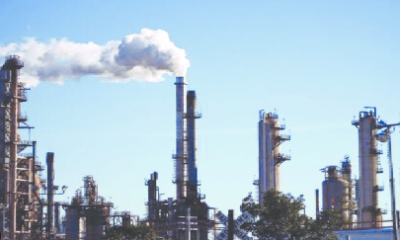As a result of the continued slide of oil price in the international market, the Federal Government plans to further reduce pump price of petrol to reflect current and realistic estimates.
So far, the country is said to have saved N2.6bn after the commencement of price modulation.
The decision on the review of the price of PMS is expected to be taken next month according to the minister of state for petroleum resources, Dr Ibe Kachikwu.
The Minister gave the indication on Facebook and Twitter following the continuous fall of oil prices, disclosing thar the federal government might effect a further reduction in the pump price of petrol from April 2016 although he did not say what the new margin will be.
Farouk Ahmed, the outgoing executive secretary of the Petroleum Products Pricing Regulatory Agency (PPPRA) on Thursday, February 18 in Abuja, however confirmed the planned reduction while handing over to the most senior officer of the PPPRA, Moses Mbaba.
He also disclosed that as at February 3, about one month after the commencement of price modulation which led to the review of the pricing template of petrol, the country had saved N2.6bn.
According to him, the decision on the review of the price of PMS would be taken next month by the minister of state for petroleum resources, after due consultations with stakeholders and based on the price of crude oil in the international market.
Ahmed further stated that due to the current state of over-recovery, the PPPRA is recovering some money from the Nigerian National Petroleum Corporation (NNPC) and oil marketers.
He noted that as at February 16, over-recovery was N13.81 per litre, stating that an over-recovery of N13.81 meant that the landing cost of PMS was lower than the selling price by N13.81.
However, he noted that the over-recovery might disappear if the price of crude oil rose by next month.
He revealed that the process of the review of the pricing template would likely start by March 15, and the committee to undertake the review would consist of all the stakeholders in the segment of the petroleum industry, including major and independent oil marketers and also depot owners.
Meanwhile, the non-availability of petroleum products in most filling stations in Port Harcourt, Rivers state is now a serious concern for commercial bus operators.
Motorists affected by the development spoke about the agonies they are subjected to, including long hours spent queuing at fuel stations is affecting their business.
This is even worst as black marketers have taken advantage of the situation to sell petroleum product at exorbitant prices.

 Latest6 days ago
Latest6 days ago
 Trends1 week ago
Trends1 week ago
 Business6 days ago
Business6 days ago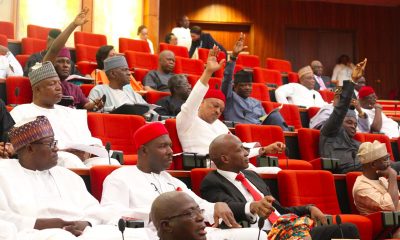
 Latest1 week ago
Latest1 week ago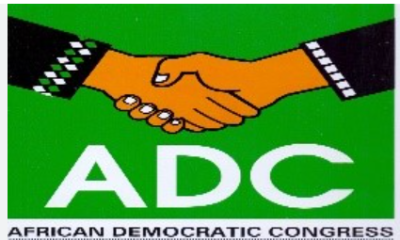
 Latest6 days ago
Latest6 days ago
 Football6 days ago
Football6 days ago
 Latest1 week ago
Latest1 week ago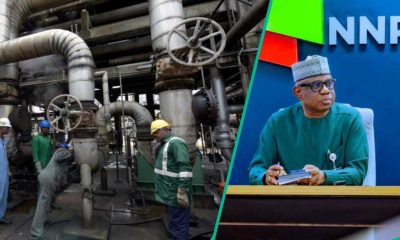
 Business6 days ago
Business6 days ago
